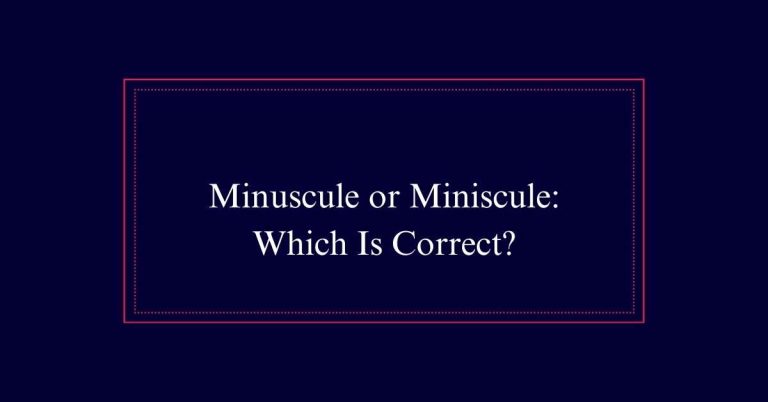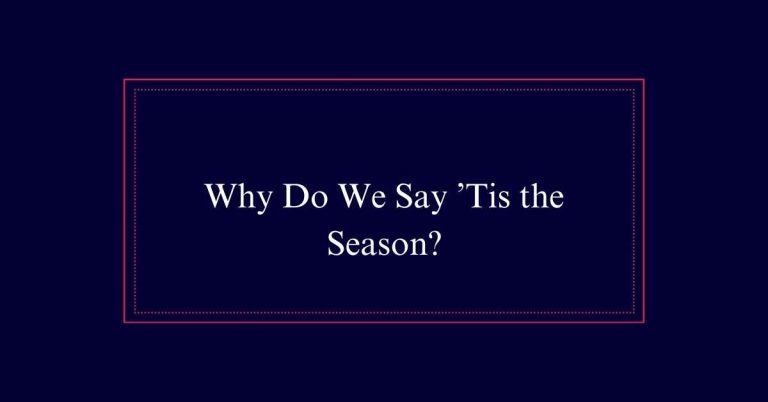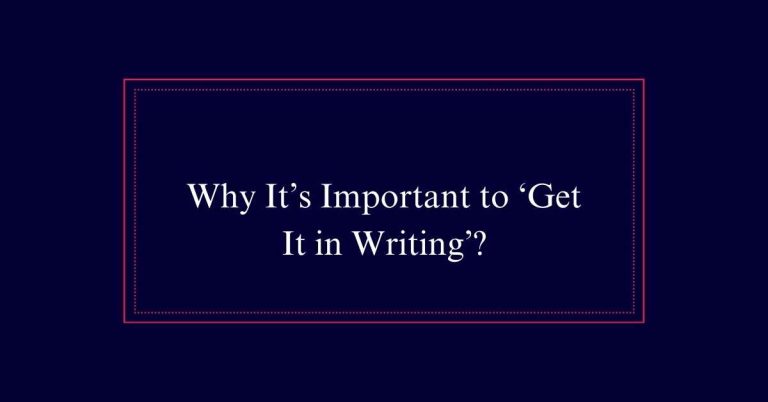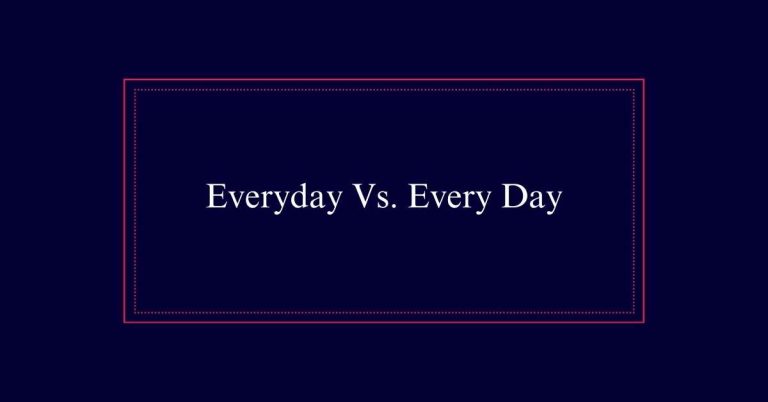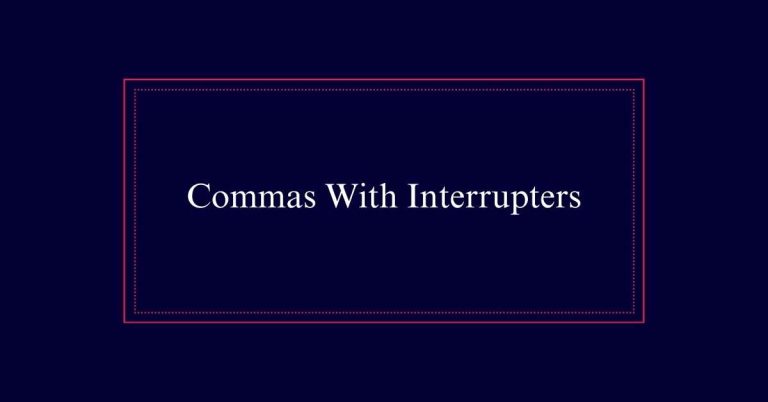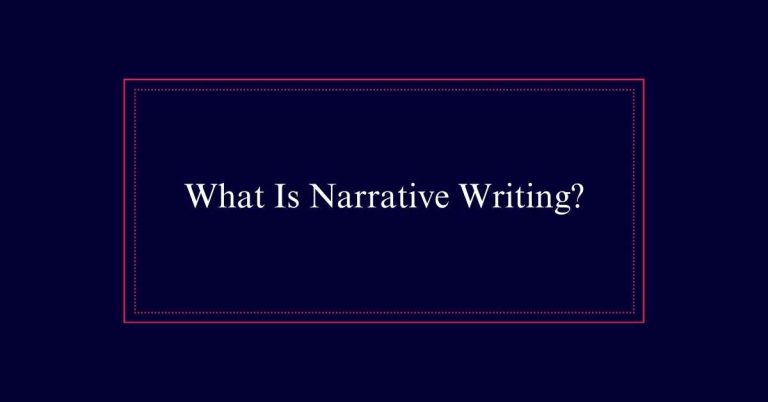What Is a Rhetorical Question?
A rhetorical question is a question posed to make a point rather than to get an answer. It is a powerful tool in communication to emphasize ideas and provoke thought. For instance, in speeches and literature, rhetorical questions engage the audience and stimulate critical thinking.
Different techniques, such as anthypophora (asking and immediately answering questions), epiplexis (expressing frustration or criticism), and erotesis (provoking strong emotional responses), enhance their impact.
Definition of Rhetorical Questions
A rhetorical question is a question asked to make a point rather than to elicit an answer. It is a powerful tool in both written and spoken communication. Rhetorical questions are used to emphasize an idea, provoke thought, or highlight a particular point. They do not require a response because the answer is often implied or obvious.
For example, asking ‘Is the sky blue?’ when discussing an undeniable fact. This technique can engage an audience, underscore arguments, and make messages more memorable. By challenging the audience to reflect, rhetorical questions serve as an effective strategy to persuade and captivate.
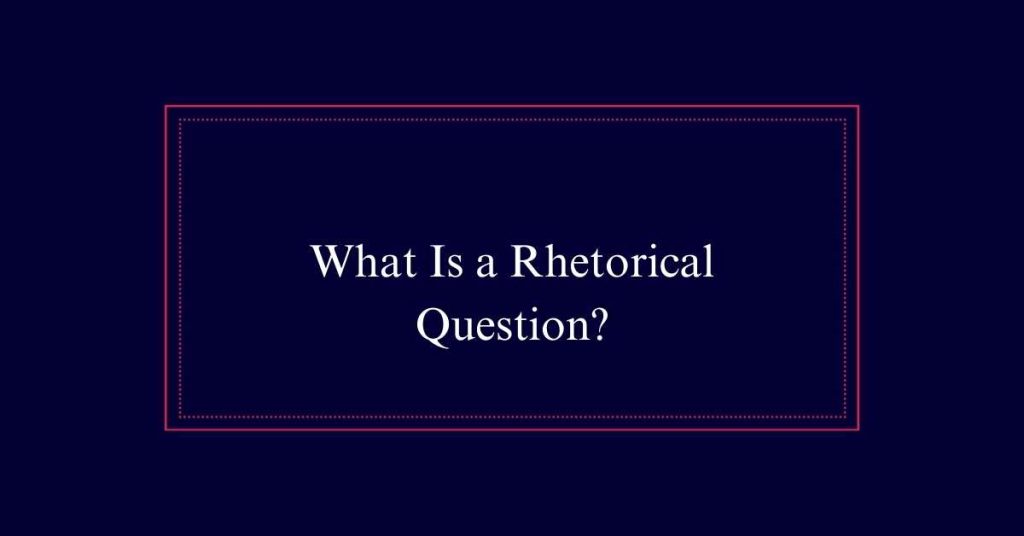
Types of Rhetorical Questions
Rhetorical questions come in various forms, each serving a unique purpose in communication. Understanding these types can enhance both written and spoken expression.
- Anthypophora: This involves asking a question and immediately answering it. For example, ‘Why should you believe in me? I’ll give you three good reasons.’
- Epiplexis: This type uses a question to reprimand or criticize. Examples include, ‘Can’t you see what’s happening?’ and ‘How could you do that?’
- Erotesis: These questions are designed to provoke a strong reaction. Examples include, ‘Are you against freedom?’ and ‘Do you want to lose?
Anthypophora Explained
Anthypophora, a powerful rhetorical device, involves posing a question and immediately providing the answer. This technique engages the audience by creating a sense of dialogue. It helps to clarify points, making complex ideas more accessible.
For instance, a speaker might ask, ‘Why should you believe in me?’ and then follow with, ‘I’ll give you three good reasons.’ This method keeps the audience’s attention and enhances understanding.
Anthypophora is widely used in speeches, literature, and everyday conversations. It allows the speaker to guide the audience’s thought process and address potential questions directly. By providing immediate answers, it ensures that the message is clear and persuasive.
Epiplexis Examples
Epiplexis is a rhetorical question style that aims to rebuke or reprimand the audience. It often highlights a point by expressing frustration or disbelief. This technique is especially effective in speeches and persuasive writing.
Here are three examples of epiplexis:
- ‘Can’t you see what’s happening?’ – This implies the audience is ignoring an obvious issue.
- ‘How could you do that?’ – It questions the morality or judgment of an action.
- ‘Who wouldn’t want to save the whales?’ – It suggests that not supporting a cause is unreasonable.
Understanding Erotesis
Erotesis involves asking a question to provoke a strong emotional response or to emphasize a point. This type of rhetorical question does not seek an answer but instead aims to engage the audience’s feelings or highlight an argument.
For instance, questions like ‘Are you against freedom?’ or ‘Do you want to lose?’ are designed to stir emotions and compel the listener to reflect deeply. Erotesis is often used in speeches and persuasive writing to make the audience think critically about an issue. It can be a powerful tool to underscore the significance of a topic or to challenge the audience’s beliefs.
Literature and Rhetorical Questions
Rhetorical questions are a powerful device in literature, often used to provoke thought and engage readers. Authors employ them to create emphasis, convey emotions, and invite deeper reflection without expecting an answer. For example, Shakespeare’s works are rich with rhetorical questions. Juliet’s soliloquy in *Romeo and Juliet* demonstrates this effectively.
Consider the following benefits of rhetorical questions in literature:
- Character Development: They reveal inner thoughts and conflicts.
- Theme Enhancement: They underscore key themes and messages.
- Reader Engagement: They prompt readers to think critically.
These questions often linger in the reader’s mind, creating a lasting impact. By integrating rhetorical questions, writers can make their narratives more compelling and thought-provoking. This technique remains a staple in literature for its ability to enrich storytelling.
Rhetorical Questions in Speeches
In speeches, rhetorical questions serve as a powerful tool to engage the audience and underscore key points. They provoke thought and elicit emotional responses. Effective speakers use rhetorical questions to make their arguments more compelling and memorable. Whether addressing social issues, policy changes, or motivational themes, these questions create a dynamic interaction between the speaker and the audience.
Here is how rhetorical questions are used in notable speeches:
| Speech Example | Rhetorical Question | Purpose |
|---|---|---|
| President Reagan’s 1980 | “Are you better off than you were four years ago?” | Emphasize economic issues |
| Emma Watson’s UN Speech | “If not me, who? If not now, when?” | Inspire action for gender equality |
| Martin Luther King’s Speech | “How long? Not long.” | Highlight urgency of civil rights |
Everyday Uses of Rhetorical Questions
Many people incorporate rhetorical questions into their daily conversations to emphasize points or express emotions. These questions, though not intended to elicit a direct answer, serve various functions in everyday language.
Stating the Obvious:
Phrases like ‘Is the sky blue?’ highlight what is universally acknowledged.
Expressing Sarcasm:
Questions such as ‘Is water wet?’ convey a sarcastic tone.
Emphasizing a Point:
Examples like ‘Why not?’ or ‘Who’s to say?’ underline the speaker’s stance or provoke thought.
Rhetorical Questions in Marketing
Leveraging rhetorical questions isn’t limited to personal conversations; they also play a pivotal role in marketing strategies. Marketers use rhetorical questions to engage consumers and provoke thought.
For example, an advertisement asking, ‘Why settle for less?’ encourages customers to ponder the benefits of a product. This technique helps to create a connection with the audience, making the message more memorable. It can also prompt self-reflection, leading to increased consumer interest and potential action.
Additionally, rhetorical questions can highlight a product’s unique selling points without appearing overly promotional. By asking, ‘Wouldn’t you want the best for your family?’ marketers tap into emotional responses, driving a stronger urge to purchase.
Benefits of Rhetorical Questions
Rhetorical questions offer several benefits, enhancing communication and engagement. They serve as powerful tools in various contexts, from literature to everyday conversations.
Here are three key advantages:
- Engagement: Rhetorical questions capture the audience’s attention, prompting them to think and reflect on the topic. This mental engagement fosters a deeper connection with the material.
- Emphasis: These questions highlight important points, adding weight to the message. By posing such questions, speakers can underscore their arguments without appearing confrontational.
- Persuasion: Rhetorical questions can subtly influence opinions. They guide the audience to a particular conclusion without direct assertion, making the message more palatable and convincing.

